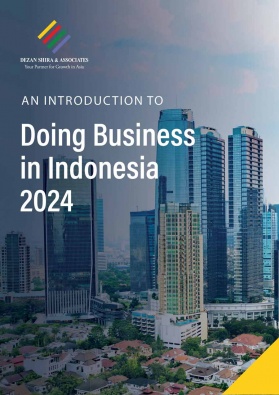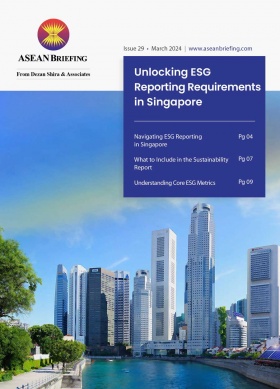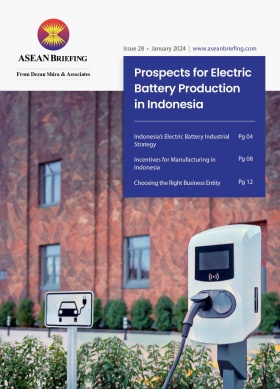Indonesia’s VAT Rate to Increase in 2025: How Businesses Can Get Ready
The Indonesian government is expected to impose a 12 percent value-added tax (VAT) in 2025, an increase of 1 percentage point from the current VAT rate. The adjustment is said to be in line with the country’s Tax Regulation Harmonization Law, which was promulgated in 2022.
The Tax Law implemented a phased increase in VAT, with the 12 percent tax rate expected to be imposed no later than January 1, 2025. Previously, the VAT rate was increased from 10 percent to 11 percent on April 1, 2022.
Airlangga Hartanto, Indonesia’s Coordinating Minister for Economic Affairs, said the government is formulating new macroeconomic and financial policies, including a new VAT rate, as a basis for drafting the 2025 state budget plan.According to data from the Indonesian parliament, a rise in VAT could increase state income between 350-375 trillion rupiah (US$21.5 billion – US$23.1 billion).
What this means for businesses?
Indonesia’s planned increase in the VAT rate in 2025 carries significant implications for businesses and requires strategic preparation to address potential challenges.
- Increased costs: The higher VAT rate will directly increase the cost of goods and services, which businesses may need to pass on to consumers. This could lead to reduced consumer spending, especially on non-essential items, affecting overall sales volumes.
- Compliance and administrative burden: Adjusting to the new VAT rate will require updates to accounting systems, invoicing processes, and compliance measures. Ensuring accurate VAT calculation and timely remittance will be critical to avoid penalties.
- Competitive pressure: Businesses may face increased pressure to remain competitive while dealing with higher costs. This could necessitate exploring cost-saving measures or efficiency improvements.
Preparation strategies
- Financial planning: Businesses should conduct thorough financial analyses to understand the impact of the VAT increase on their cost structure and profitability. Adjusting budgets and forecasts to account for the higher tax rate is crucial.
- Price strategy: Reassessing pricing strategies will be necessary. Businesses need to determine whether they can absorb some of the increased costs or need to pass them on to consumers. Clear communication about price changes to customers will help maintain transparency and trust.
- Efficiency improvements: Identifying areas where operational efficiencies can be improved can help offset some of the increased costs. This might involve streamlining processes, renegotiating supplier contracts, or investing in technology to enhance productivity.
Conclusion
The upcoming VAT increase in 2025 represents both a challenge and an opportunity for Indonesian businesses. By proactively planning and implementing strategic adjustments, businesses can mitigate potential negative impacts while positioning themselves for continued growth. Effective financial planning, pricing strategy adjustments, and operational efficiencies will be key to navigating this transition successfully. As the implementation date approaches, staying informed and adaptable will be crucial for businesses to thrive in the evolving economic landscape.
About Us
ASEAN Briefing is produced by Dezan Shira & Associates. The firm assists foreign investors throughout Asia and maintains offices throughout ASEAN, including in Singapore, Hanoi, Ho Chi Minh City, and Da Nang in Vietnam, in addition to Jakarta, in Indonesia. We also have partner firms in Malaysia, the Philippines, and Thailand as well as our practices in China and India. Please contact us at asean@dezshira.com or visit our website at www.dezshira.com.
- Previous Article Navigating Indonesia’s Housing Savings Program: What You Need to Know
- Next Article Malaysia Plans New Port on Malacca Strait








